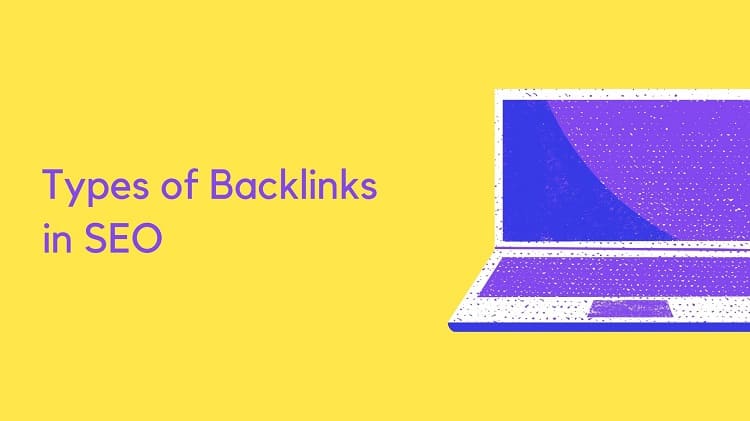As any content management strategist will tell you, backlinks play quite an important role in the SEO optimisation of a website. They not only increase your website traffic, but can also help to create networks of pages that enrich visitor experience by linking together relevant and reputable sources.
Backlinks are the Backbone
Search engines feel very passionately about backlinks, and they are significantly influential for the ranking of their search results. In fact, they may account for as much as 80 percent of the weight that ranking algorithms employ.
While efficient use of backlinks, as part of a healthy SEO strategy, can heavily increase a website’s traffic, poor usage will likely get flagged by search engines, driving down ratings. As in many aspects of life, it’s quality over quantity.
Here are the backlinks you don’t need pointing your way:
- Dubious Sources
Black-hat SEO services are those which aim to boost traffic through manipulating a search engines algorithms. One example is what Google refers to as ‘link schemes’. Purchasing links, the use of link-mill sites or even paying bloggers to link your site may temporarily boost your ratings, but when search engines catch these inconsistencies, the responsible websites face a dramatic drop in reputation, or even blacklisting. - Unrelated Places
It may seem counterintuitive to limit your influence, instead of trying to cover as much ground as possible. Yet, there is something to be said for having a niche, a unique, little corner of the internet. Sometimes, through the shared use of certain keywords, a website can unintentionally find itself with backlinks from highly unrelated websites. If, though, an individual actively contacts hundreds of sites asking to exchange links, it may cause damage. Search engines, when faced with this information, struggle to prioritise the keywords. A site may then appear in results for a higher variance of topics, but fall in ranking for its more critical keywords. - Dangerous Spam
Thanks to our email accounts, the word spam is synonymous with trash. It shouldn’t come as a shock that backlinks from spam sites, such as content farms or links pages, or sites flagged for spam content, will weaken your performance in search results. This isn’t simply limited to poor-quality pages, but also dangerous locations and bad neighbourhoods, such as hacked or illegal sites. - Private Blog Networks (PBNs)
As the name suggests, a PBN is a network of blogs that all backlink to a single site, with the sole focus on increasing ratings. Users will usually buy many expired domains that still appear in the search engine rankings due to their own historical backlinks. After purchasing these sites, users will post new content on the private blog sites and link back to their main site. Although it doesn’t really sound malicious, PBNs violate Google’s terms of service. They periodically penalise websites appearing in these networks by having them removed from the top rankings. - Press Release
A legitimate press release will obviously not incur any penalties from search engines. However, there are those who try to control their backlinks by posting pointless press releases (filled with keywords) on numerous, unreliable sites as a means to improve SEO. Google says these backlinks should be ‘nofollow’ links. In fact, their same philosophy applies to fake comments on blogs and forums with similar motives.
Ethical SEO is Reputable
There are countless ways one can optimise their website for search results. Ethical tactics are preferred by search engines and, in the long run, will land your website firmly within a network of trusted, valuable backlinks, providing them each with some highly-coveted reputation and trustworthiness.
Meanwhile, black hat SEO systems that don’t adhere to guidelines, or disregard user experience for a quick boost in ranking can expect to see themselves as old and outdated as the sites they abuse to momentarily get to the top.
Those struggling to meet their SEO objectives, or unsure of how best to use backlinks, may benefit to work with one of the many SEO service providers in Sydney, such as Shtudio, for professional advice and guidance.

